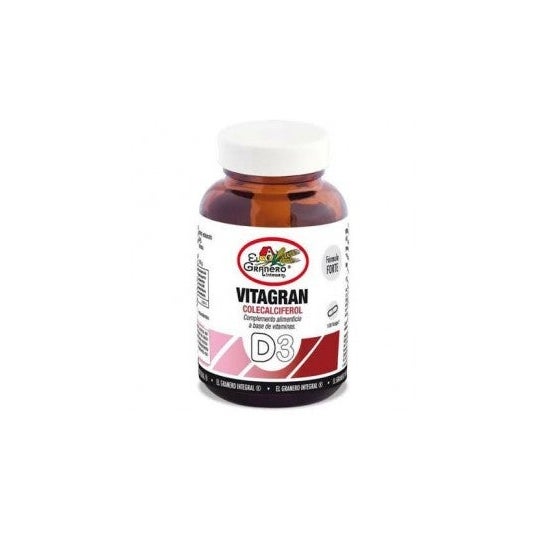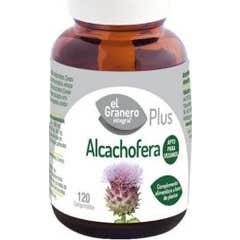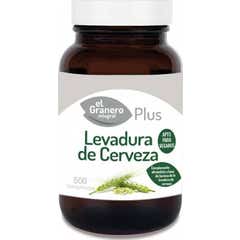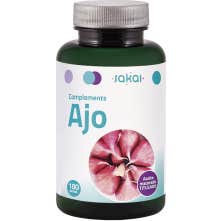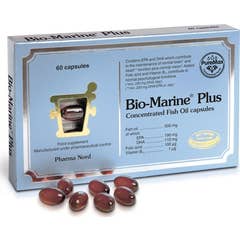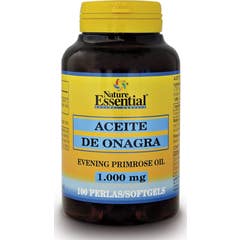Vitamin D3 is commonly used to support the immune system, strengthening and preventing infections, maintaining normal levels of calcium and phosphorus, and promoting the growth and proper development of bones.
The main properties of vitamin D are:
- Helps with the normal absorption and utilization of calcium and phosphorus.
- Maintains normal levels of calcium in the blood.
- Contributes to the maintenance of bones in normal conditions.
- Supports the normal functioning of muscles.
- Helps maintain teeth in normal conditions.
- Contributes to the normal functioning of the immune system.

